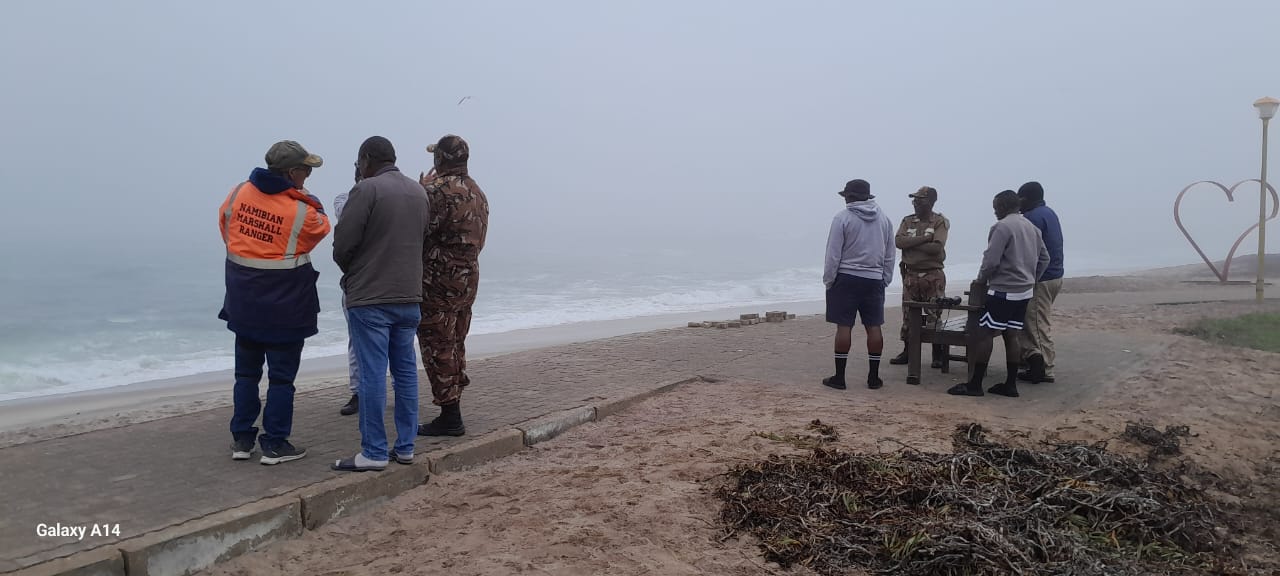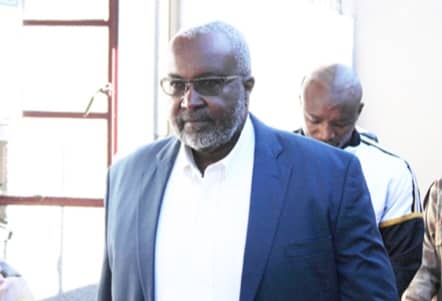NEW YORK/LONDON – Shockwaves from the global credit crisis spread yesterday, threatening industry and jobs worldwide and putting pressure on Congress to finish up a $700 billion bailout of the US financial sector.
The fate of the rescue plan, passed by the Senate 74-25 on Wednesday night, now lies with the House of Representatives, which is expected to vote on the bill today. The House rocked global markets on Monday by rejecting an earlier version of the bailout, which President George W Bush has called the “essential to the financial security of every American.”The European Central Bank left interest rates steady but its president, Jean Claude Trichet, said inflation risks had diminished, which markets took as a signal of possible future cuts.Economic activity in the euro zone is weakening, he said.The crisis has spread well beyond US shores and beyond the financial sector.Top automakers including General Motors Corp and Ford Motor Co warned of tough times, as evaporating credit for consumers cuts demand and could force production cuts and job losses.”The problems of subprime and credit crunch are now all over the world,” Ford Chief Executive Alan Mulally said.”The downturn is longer and deeper than we foresaw a year ago,” he said.US figures show falling factory output and plunging car sales, a sign of increasing reluctance of banks to give loans to business or individuals.Jobless claims rose in the United States last week to their highest level in seven years, ahead of September payrolls data due out today.Oil prices were down $3 a barrel on an expected slowdown in economic activity around the world, major US stock indexes fell more than 1 per cent and the dollar rose to a year high against the euro.In a week marred by bank rescues across Europe, French President Nicolas Sarkozy’s office said he would host the leaders of Britain, Italy, Germany and the European Central Bank on Saturday to discuss a response to the credit crisis.Sarkozy denied reports a 300 billion euro ($415 billion) plan akin to the US bailout was under consideration.Market participants remained cautious about the US bailout bill’s prospects in the House.”I’m not betting anything here because I don’t know what the House is going to do,” said Paul Mendelsohn, chief investment strategist at Windham Financial Services in Charlotte, Vermont.”If this bill doesn’t pass in the House, it’s game over.”Even if the bill is passed, worries remain over the global economic outlook, said Masamichi Adachi, senior economist at JPMorgan in Tokyo.”It’s a completely different world now.All the things US authorities are doing now are simply aimed at preventing a global meltdown.”The bailout plan, equivalent to some $2 300 per American, is intended to reinvigorate credit markets and interbank lending that has frozen up while overleveraged financial institutions staggered under the weight of failed mortgages.Nampa-ReutersThe House rocked global markets on Monday by rejecting an earlier version of the bailout, which President George W Bush has called the “essential to the financial security of every American.”The European Central Bank left interest rates steady but its president, Jean Claude Trichet, said inflation risks had diminished, which markets took as a signal of possible future cuts.Economic activity in the euro zone is weakening, he said.The crisis has spread well beyond US shores and beyond the financial sector.Top automakers including General Motors Corp and Ford Motor Co warned of tough times, as evaporating credit for consumers cuts demand and could force production cuts and job losses.”The problems of subprime and credit crunch are now all over the world,” Ford Chief Executive Alan Mulally said.”The downturn is longer and deeper than we foresaw a year ago,” he said.US figures show falling factory output and plunging car sales, a sign of increasing reluctance of banks to give loans to business or individuals.Jobless claims rose in the United States last week to their highest level in seven years, ahead of September payrolls data due out today.Oil prices were down $3 a barrel on an expected slowdown in economic activity around the world, major US stock indexes fell more than 1 per cent and the dollar rose to a year high against the euro.In a week marred by bank rescues across Europe, French President Nicolas Sarkozy’s office said he would host the leaders of Britain, Italy, Germany and the European Central Bank on Saturday to discuss a response to the credit crisis.Sarkozy denied reports a 300 billion euro ($415 billion) plan akin to the US bailout was under consideration.Market participants remained cautious about the US bailout bill’s prospects in the House.”I’m not betting anything here because I don’t know what the House is going to do,” said Paul Mendelsohn, chief investment strategist at Windham Financial Services in Charlotte, Vermont.”If this bill doesn’t pass in the House, it’s game over.”Even if the bill is passed, worries remain over the global economic outlook, said Masamichi Adachi, senior economist at JPMorgan in Tokyo.”It’s a completely different world now.All the things US authorities are doing now are simply aimed at preventing a global meltdown.”The bailout plan, equivalent to some $2 300 per American, is intended to reinvigorate credit markets and interbank lending that has frozen up while overleveraged financial institutions staggered under the weight of failed mortgages.Nampa-Reuters
Stay informed with The Namibian – your source for credible journalism. Get in-depth reporting and opinions for
only N$85 a month. Invest in journalism, invest in democracy –
Subscribe Now!










